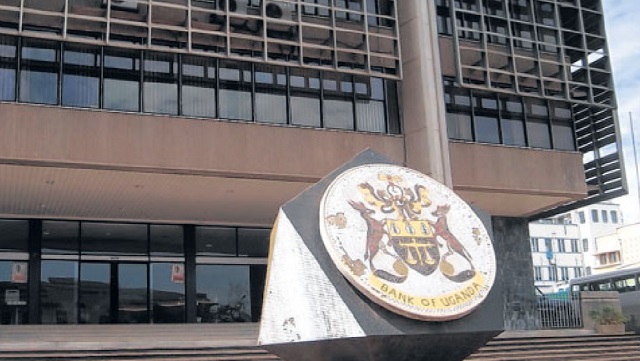
Kampala, Uganda | THE INDEPENDENT | The Bank of Uganda has opted to maintain its base interest rate, the Central Bank Rate at 10 percent despite the sustained fall in inflation since late last year.
The CBR is an indicator of the cost of money to commercial banks, on which the bank may base their lending rates, hence determining the flow of money into the economy.
BOU started raising the CBR last year to tame inflation which later hit the 10 percent mark, with items like food, fuel, and building materials leading in price increments.
Last month, the Uganda Bureau of Statistics reported that the annual headline inflation had dropped from 8 percent in April to 6.2 percent at the end of May.
However, Bank of Uganda Governor, Micheal Atingi-Ego says the Monetary Policy Committee feels that there are still risks to the inflation rate which could reverse the trend, hence their decision not to rush into reducing the cost of credit through the CBR.
He says that while they hope inflation will continue going down if agricultural output, better weather, lower global commodity prices, and lower economic performance, it is possible for the opposite to happen.
Inflation in Uganda was part of the global situation that followed the high demand for goods and services after economies reopened from the COVID-19 pandemic, and this was worsened by the Russia-Ukraine war which further disrupted supplies around the world.
Uganda was mainly affected by the high cost of fuel, and wheat cooking oil before poor agricultural output made it worse.
Dr Adam Mugume, the Executive Director of Research explained that the uncertainty of where the conflict in Eastern Europe will end as well as the lending rates by the global lenders are major causes of concern on the outlook of inflation.
These factors are also expected to have an impact on economic growth according to the Committee.
Dr. Atingi-Ego says they expect the economy to grow at between 6 and 6.5 percent next financial year, compared to the estimated 5.3 percent for the year ending June 2023, before accelerating to 7 percent in the subsequent years.
This growth is expected for increased government expenditure, increased investment in the oil and energy sectors, expected recovery in manufacturing and construction, and higher export commodity prices.
However, he says this also still has risks it is facing and that there is high uncertainty about economic growth due to factors like low global growth, geopolitical tensions, and dwindling sources of external finances, among others.
*****
URN
 The Independent Uganda: You get the Truth we Pay the Price
The Independent Uganda: You get the Truth we Pay the Price


